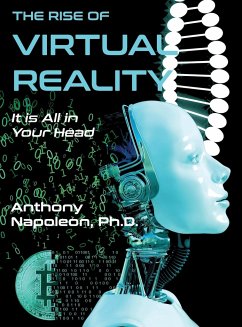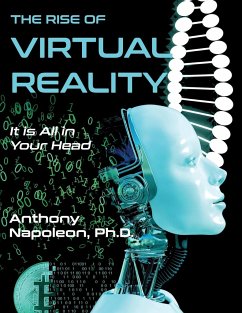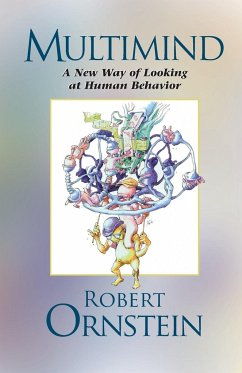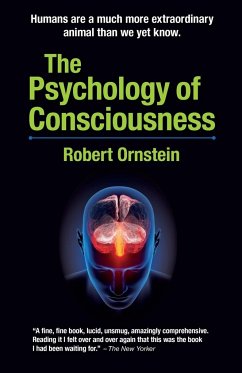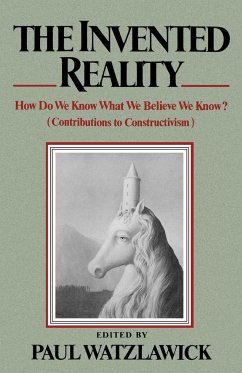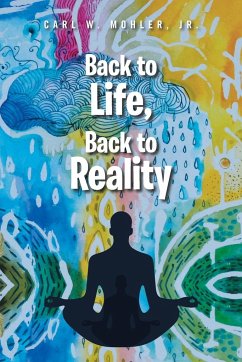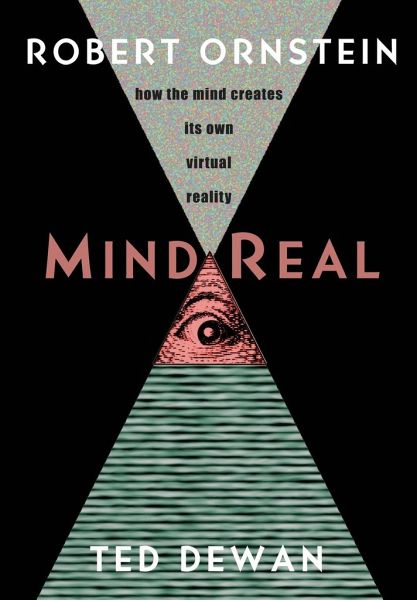
MindReal
How the Mind Creates Its Own Virtual Reality

PAYBACK Punkte
10 °P sammeln!
This is a book that shows, in simple detail, one of the most startling findings of modern science: We don't experience the world as it is, but as virtual reality. And while much of the latest scientific work demonstrates this, as do many of the classical psychological illusions, it is an important meeting point for students of the mind, brain, philosophy and religion because, as we can now see in light of this book, all these disciplines begin at the same place. This is not an abstruse treatise, but part graphic novel and part direct address. It allows the reader a breakthrough understanding o...
This is a book that shows, in simple detail, one of the most startling findings of modern science: We don't experience the world as it is, but as virtual reality. And while much of the latest scientific work demonstrates this, as do many of the classical psychological illusions, it is an important meeting point for students of the mind, brain, philosophy and religion because, as we can now see in light of this book, all these disciplines begin at the same place. This is not an abstruse treatise, but part graphic novel and part direct address. It allows the reader a breakthrough understanding of the mind which is not available anywhere else. It is, in part, a summa of Dr. Ornstein's research and writing of the past 35 years (with pieces and references to many of his works) as well as a seminal introduction to new readers.






